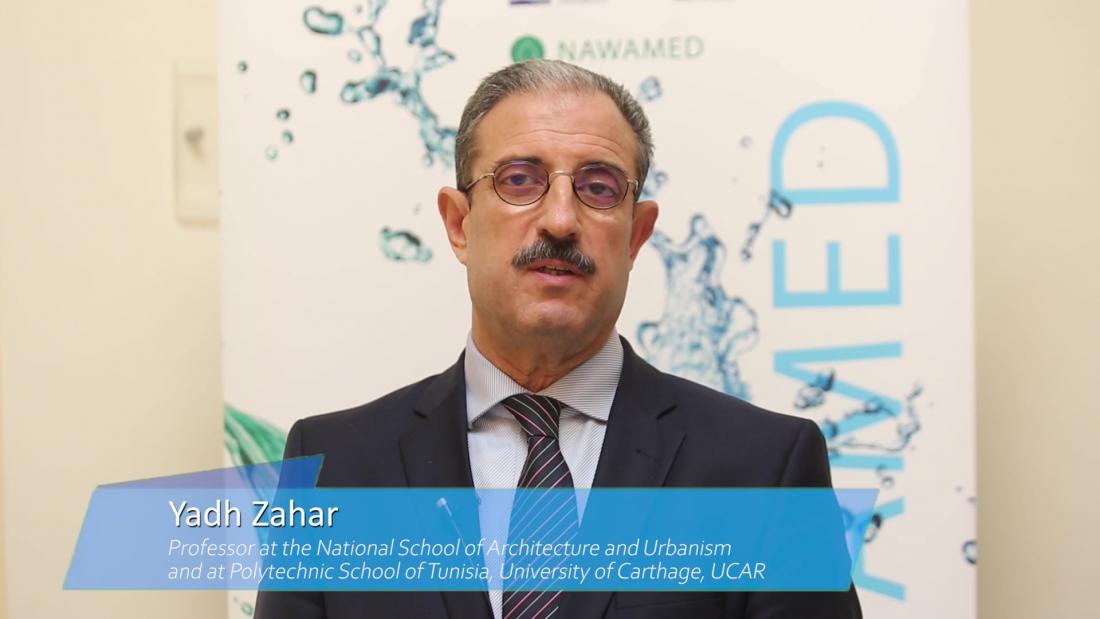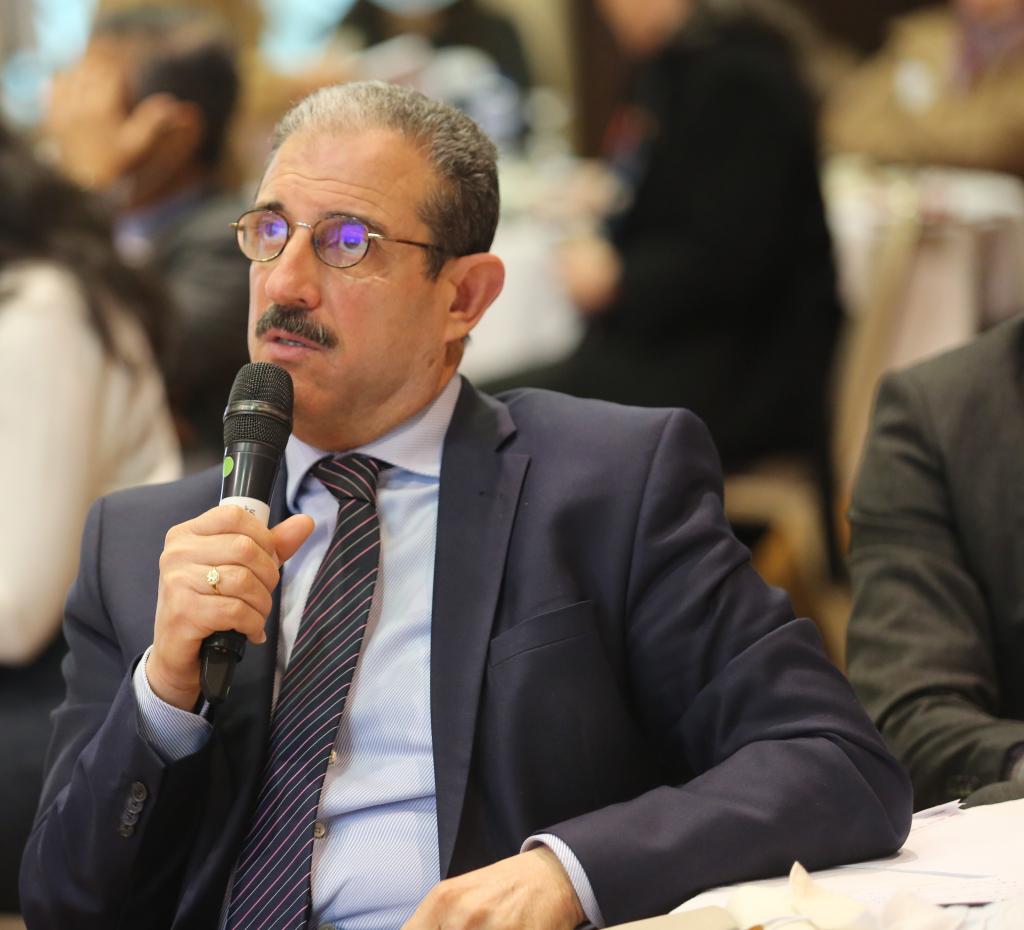NAWAMED: "the reuse of non-conventional water resources is a central question for cities today" - Prof. Yadh Zahar, National School of Architecture and Urbanism and at Polytechnic School of Tunisia, University of Cartage

In the frame of "decision makers workshop" dealing with “local regulations and urban planning tools to foster Non-Conventional Water (NCW) reuse” organized by the Centre for Water Research and Technologies, CERTE, according to NAWAMED project planned activities, in March 2022, Professor Yadh Zahar, director of the laboratory "Sustainable City and Built Environment" at the National School of Architecture and Urbanism and at Polytechnic School of Tunisia, University of Cartage, has accepted to give us his testimony about the subject discussed during this workshop.
He considers that the reuse of non-conventional water resources is a central question for cities today. The city gathers several water issues, such as; grey water, rainwater. Their collection, treatment and eventual reuse represent a great potential of valorisation of these waters.

Tunisia is in semi-arid climatic region, and therefore very impacted by current and future climate changes. With a multidisciplinary group: architects, urban planners, landscape architects, sociologists. Pr. Zahar works to develop a strong concept of the sustainable city, the city projected and sketched in the long term in sustainability.
The challenge is to make the cities of tomorrow more resilient to climate change, to have a highly integrated, socially inclusive and economically circular approach to non-conventional water (rainwater, grey water) to meet these challenges.
We have to prepare ourselves for all these issues and challenges. Challenges are great and the stakes very high: economic, social, technical, scientific and allow us to value the skills that we develop at the university and prepare them for the jobs of the future.
Pr. Zahar, engineer and doctorate in the field of water sciences and climate changes, discusses about valorisation of non-conventional water resources for resilient cities. Have a look on the video interview, clicking here.









